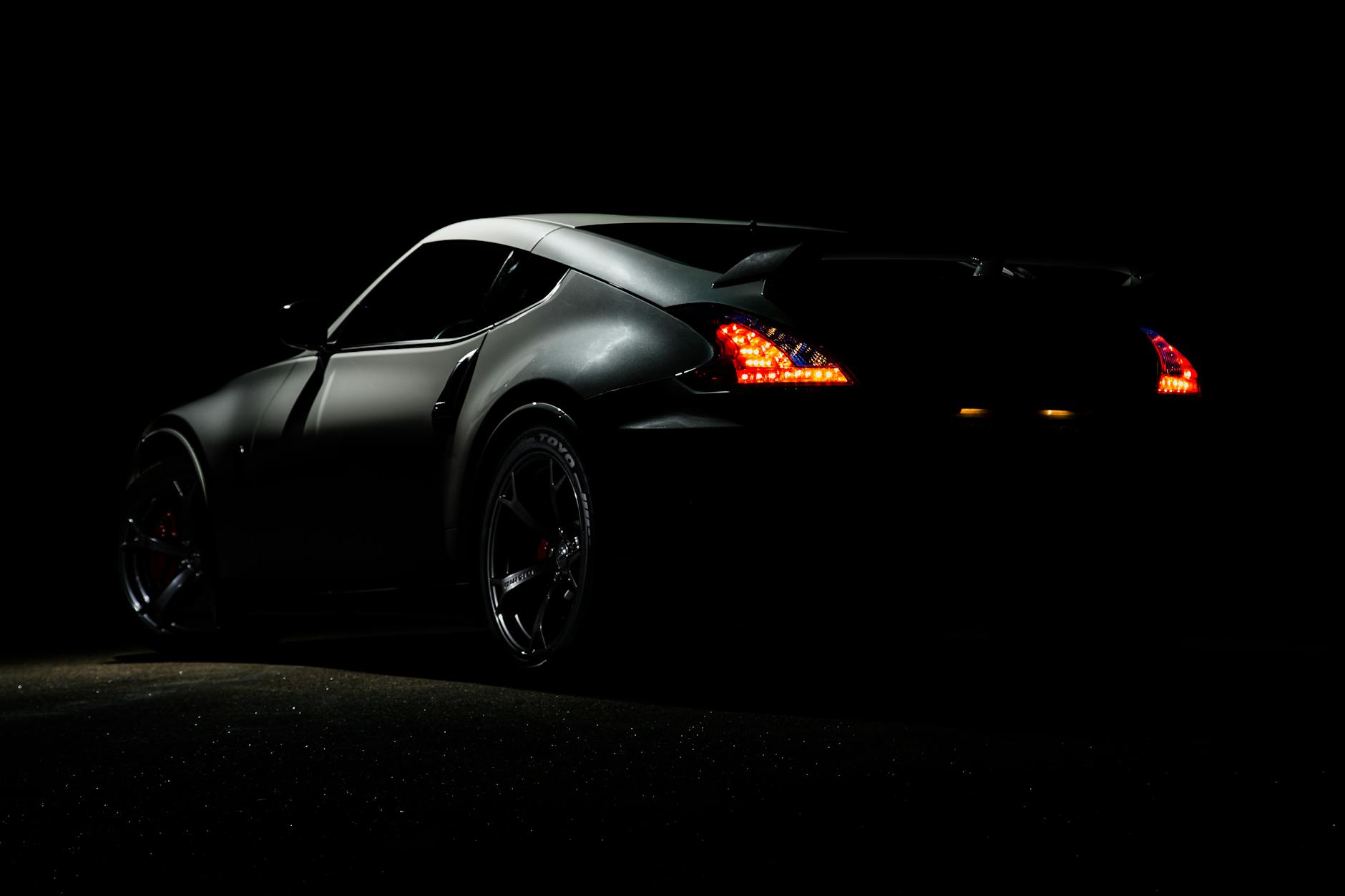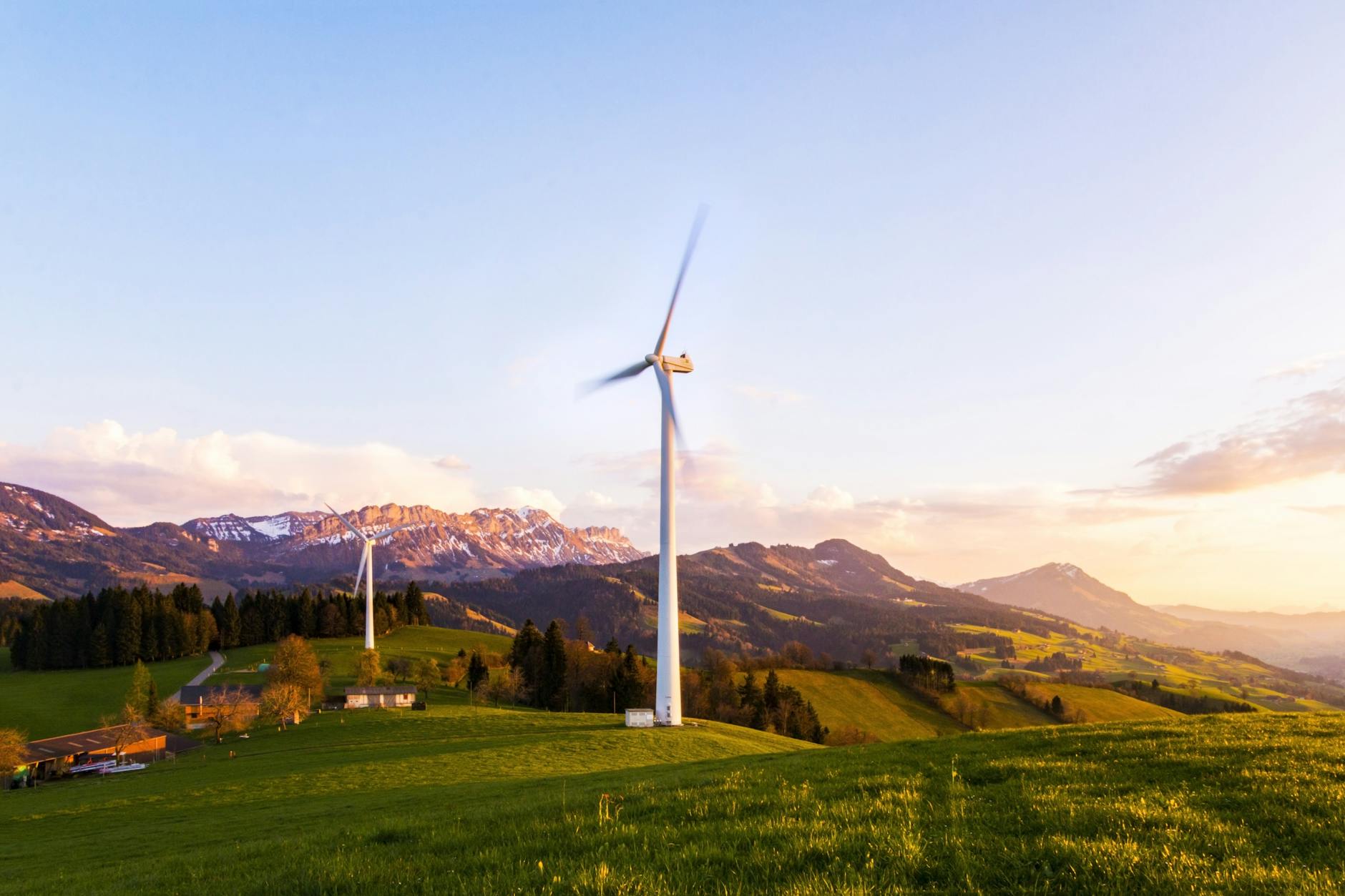China has been at the forefront of renewable automobile development, particularly in the electric vehicle (EV) sector, as part of its broader strategy to reduce carbon emissions and combat air pollution. The Chinese government has implemented various policies and incentives to promote the adoption of EVs, including subsidies, tax exemptions, and investments in charging infrastructure. As a result, China has become the largest market for electric vehicles in the world, with significant contributions from both domestic and international manufacturers.
Government Support and Policy Framework
Key Policies:
- Subsidies and Incentives: The Chinese government has provided substantial subsidies for EV manufacturers and buyers, making renewable vehicles more affordable.
- Dual-Credit Policy: This policy mandates that automakers produce a certain percentage of new energy vehicles (NEVs) or purchase credits from other companies, encouraging the production of EVs.
- Long-Term Plans: Initiatives like the Made in China 2025 strategy and the New Energy Vehicle Industry Development Plan (2021-2035) outline ambitious goals for the EV sector.
Infrastructure Development:
- Charging Stations: China has built the world’s largest network of EV charging stations, with over 1.5 million public charging points as of 2023.
- Battery Swapping: Innovative battery-swapping stations are being developed to reduce charging time and improve convenience.
Technological Advancements
Battery Technology:
- Lithium-Ion Batteries: China is a global leader in lithium-ion battery production, with companies like CATL and BYD dominating the market.
- Solid-State Batteries: Research and development in solid-state batteries are underway, promising higher energy density and safety.
Autonomous Driving:
- AI and Connectivity: Chinese companies are integrating AI, 5G, and IoT technologies to develop smart, connected vehicles.
- Pilot Programs: Autonomous driving pilot programs are being conducted in cities like Beijing and Shanghai.
Hydrogen Fuel Cells:
- Hydrogen Vehicles: China is investing in hydrogen fuel cell technology as a complementary solution to battery-powered EVs, particularly for heavy-duty vehicles.
Market Growth and Key Players
Market Size:
- Largest EV Market: China is the world’s largest market for electric vehicles, accounting for over 50% of global EV sales.
- Rapid Growth: The EV market has seen exponential growth, with sales increasing from 1.3 million units in 2020 to over 6 million units in 2023.
Key Players:
- BYD: A leading Chinese automaker and battery manufacturer, BYD is one of the top EV producers globally.
- NIO: Known for its premium electric SUVs and innovative battery-swapping technology.
- XPeng: Focuses on smart EVs with advanced autonomous driving features.
- Tesla China: Tesla’s Gigafactory in Shanghai has significantly boosted its production capacity and market share in China.
Major Car Manufacturers in China
Here are five major Chinese car manufacturers involved in renewable automobile development, along with their website links and a brief introduction to their best-selling cars:
1. BYD Auto
Website: https://www.byd.com
Best-Selling Car: BYD Han EV
The BYD Han EV is a luxury electric sedan known for its impressive range, advanced Blade Battery technology, and sleek design. It offers a range of up to 605 km (376 miles) on a single charge and features cutting-edge autonomous driving capabilities. BYD is one of the leading EV manufacturers globally, with a strong focus on innovation and sustainability.
2. NIO
Website: https://www.nio.com
Best-Selling Car: NIO ES6
The NIO ES6 is a premium electric SUV that combines performance, luxury, and advanced technology. It offers a range of up to 610 km (379 miles) and features NIO’s signature Battery Swap technology, which allows users to replace depleted batteries with fully charged ones in minutes. NIO is also known for its innovative NIO House community spaces and customer-centric approach.
3. XPeng Motors
Website: https://www.xpeng.com
Best-Selling Car: XPeng P7
The XPeng P7 is a smart electric sedan that stands out for its long range (up to 706 km or 439 miles) and advanced autonomous driving features. It is equipped with the XPILOT 3.0 system, which offers Level 3 autonomous driving capabilities. XPeng is known for its focus on intelligent technology and user experience.
4. Li Auto
Website: https://www.lixiang.com
Best-Selling Car: Li Auto ONE
The Li Auto ONE is a range-extended electric SUV (EREV) that combines a gasoline engine with an electric motor to eliminate range anxiety. It offers a total range of over 1,000 km (621 miles) and is popular among families for its spacious interior and smart features. Li Auto focuses on practical solutions for urban and long-distance driving.
5. Geely Auto
Website: https://www.geely.com
Best-Selling Car: Geometry A
The Geometry A is a compact electric sedan under Geely’s Geometry brand, designed for urban commuters. It offers a range of up to 500 km (311 miles) and features a minimalist design with advanced connectivity options. Geely Auto is one of China’s largest automotive manufacturers and has been expanding its EV portfolio rapidly.
Top 3 Battery Suppliers for EV Automobiles
The electric vehicle (EV) industry relies heavily on advanced battery technology, and a few key players dominate the global market for EV batteries. These companies are at the forefront of innovation, providing high-performance, reliable, and cost-effective battery solutions for electric vehicles. Below are the top three battery suppliers for EV automobiles, along with a brief introduction to each:
1. CATL (Contemporary Amperex Technology Co. Limited)
Website: https://www.catl.com
Introduction:
CATL is the world’s largest manufacturer of EV batteries, headquartered in Ningde, China. The company specializes in lithium-ion batteries and is known for its cutting-edge technologies, including the CTP (Cell-to-Pack) design, which improves energy density and reduces costs. CATL supplies batteries to major automakers such as Tesla, BMW, Volkswagen, and NIO. Its batteries are renowned for their high energy efficiency, long lifespan, and safety features. CATL is also investing heavily in solid-state and sodium-ion battery technologies for future applications.
2. LG Energy Solution
Website: https://www.lgensol.com
Introduction:
LG Energy Solution, a spin-off from LG Chem, is a South Korean company and one of the leading global suppliers of EV batteries. It is known for its high-quality lithium-ion batteries, which are used by automakers such as General Motors, Hyundai, Tesla, and Renault. LG Energy Solution is a pioneer in NCM (Nickel-Cobalt-Manganese) battery chemistry, which offers a balance of energy density, safety, and cost-effectiveness. The company is also expanding its production capacity globally, with factories in the U.S., Europe, and Asia, to meet the growing demand for EVs.
3. Panasonic Energy
Website: https://www.panasonic.com
Introduction:
Panasonic Energy, a division of the Japanese multinational Panasonic Corporation, is a key player in the EV battery market. It is best known for its partnership with Tesla, supplying batteries for the Tesla Model S, Model 3, Model X, and Model Y. Panasonic specializes in NCA (Nickel-Cobalt-Aluminum) battery chemistry, which provides high energy density and performance. The company is also working on next-generation battery technologies, including solid-state batteries, to further enhance the range and safety of EVs.
Challenges and Future Outlook
Challenges:
- Battery Recycling: Developing efficient and environmentally friendly battery recycling systems is a growing concern.
- Supply Chain Issues: Ensuring a stable supply of critical materials like lithium and cobalt is crucial for sustained growth.
- Market Competition: Intense competition among domestic and international players is driving innovation but also increasing pressure on profitability.
Future Outlook:
- Global Expansion: Chinese EV manufacturers are expanding into international markets, particularly in Europe and Southeast Asia.
- Technological Innovation: Continued advancements in battery technology, autonomous driving, and hydrogen fuel cells will drive the industry forward.
- Sustainability Goals: China aims to achieve carbon neutrality by 2060, and the renewable automobile sector will play a pivotal role in this transition.
Conclusion
CATL, LG Energy Solution, and Panasonic Energy are the top three battery suppliers powering the global EV revolution. These companies are driving innovation in battery technology, enabling automakers to produce electric vehicles with longer ranges, faster charging times, and improved safety. Their contributions are critical to the ongoing transition from internal combustion engines to sustainable electric mobility.
China’s renewable automobile technology and market have developed at an unprecedented pace, driven by strong government support, technological innovation, and a growing demand for sustainable transportation. As the country continues to lead the global EV revolution, it sets an example for other nations in the transition to a greener future. Whether you’re an investor, a tech enthusiast, or an environmental advocate, China’s renewable automobile sector offers exciting opportunities and insights into the future of mobility.











